Seven spine surgeons offer ideas about how to forward the field of spine surgery.
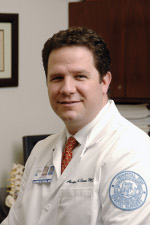 1. Participate in regional and national registries. Spine surgery registries are becoming more prominent around the country and they will be a useful tool for mining data in the future. Surgeons in private practice can contribute data from their cases to these registries for others to examine during retrospective studies, or they can conduct research using the registry data themselves.
1. Participate in regional and national registries. Spine surgery registries are becoming more prominent around the country and they will be a useful tool for mining data in the future. Surgeons in private practice can contribute data from their cases to these registries for others to examine during retrospective studies, or they can conduct research using the registry data themselves.
"Enlisting patient outcomes in registries is a powerful way to gather great swaths of data for patient treatment," says Andrew Sama, MD, a spine surgeon and spine fellowship director with Hospital for Special Surgery in New York City. "Big facilities are already placing patients on registries and documenting their follow up treatment. This will become a good research tool over time. If you have a busy private practice, you could cross pollinate with the registry to build a stronger conclusion that supports the advancement of new procedures in spinal surgery."
Private practice participation in these registries is also important because researchers want to examine outcomes for patients in all types of settings, not just academic medical centers. Most spine patients seek treatment with individual spine surgeons, so including them within the registry will be very beneficial going forward.
2. Participate in groups, organizations and committees. Tomorrow's spine surgeon leaders will be those who are actively involved in different groups, organizations and committees at the local and national level today. With all the changes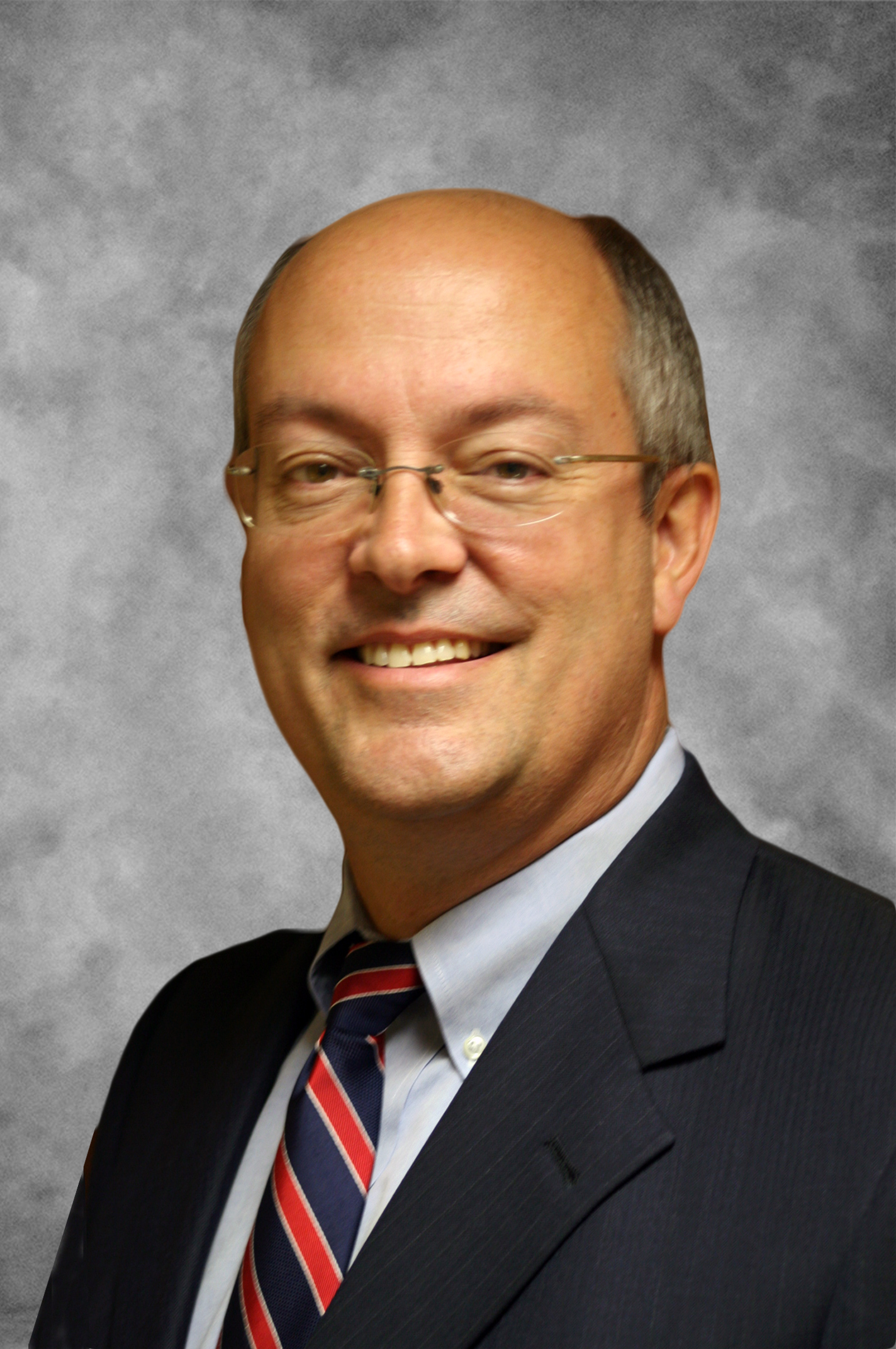 occurring in healthcare, it will be critically important for surgeons to participate and shape the future of the nation's healthcare.
occurring in healthcare, it will be critically important for surgeons to participate and shape the future of the nation's healthcare.
"People who have a passion for government issues and lobbying will be looked at as being leaders in that area because of the sheer volume of work they've done that others haven't," says Dennis Crandall, MD, founder of Sonoran Spine Center in Mesa, Ariz. "Someone who wants to be an academic leader would need to have a productive research program ongoing and be involved with innovation within the specialty, and try to be involved in leadership positions within the department or practice with hospital staff."
Participation in these groups will help you stay informed on the most important issues in healthcare and give you the opportunity to become more engaged.
"You have to stay informed, not put your head in the sand," says Andrew E. Wakefield, associate director of neurosurgery at Hartford (Conn.) Hospital. "Things are changing — nobody knows how but they will — and we need input from physicians on how changes come about. Hospitals are looking for that, and in my experience the government is as well, but you have to work for it and become an active participant. If you don't jump on the train, it will run you over."
The hardest part is often taking the plunge to become involved; once there, it's easier to network with colleagues and work with people who have similar views and ambitions.
"At times, it's very frustrating, but other times it's very rewarding because you actually see progress," says Dr. Wakefield. "In a year, you actually see changes because of your input. That's the only way to move forward; people have to pick up and do something. You have to be engaged."
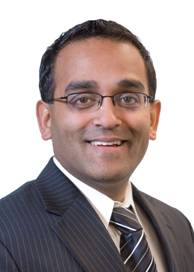 3. Clinical outcomes research. There will be a huge focus on clinical effectiveness in the future, which means providing evidence-based outcomes. The government and insurance companies will be asking for comparative effectiveness research before agreeing to cover some procedures and patients will want to know their provider has good outcomes before undergoing treatment.
3. Clinical outcomes research. There will be a huge focus on clinical effectiveness in the future, which means providing evidence-based outcomes. The government and insurance companies will be asking for comparative effectiveness research before agreeing to cover some procedures and patients will want to know their provider has good outcomes before undergoing treatment.
"Traditionally a lot of spine research has been on surgical techniques and on new or innovative surgical products, and I think that is still important, but a greater degree of impact will come out of research that looks at spine research as health outcomes research," says Alpesh A. Patel, MD FACS, spine surgeon and Associate Professor in the Department of Orthopaedic Surgery at Northwestern University School of Medicine in Chicago. "We need to really look at the patient-based outcomes for what we do. A lot of that is still in a black box, and not everyone understands how patients are doing after surgery."
Surgeons can also take their research a step further to gather population-based outcomes, which gives them the ability to study a whole range of issues — such as genetics, epidemiology, readmissions and cost-effectiveness in addition to clinical quality.
"Research is more powerful when it's done at the population level," says Dr. Patel. "It makes what we do more relevant. We can look at a population of people with back pain and determine how effective our current treatments really are."
4. Develop protocol based on research. Private practice spine surgeons might not have a laboratory where they research biological reactions or spine biomechanics, but they can pose practical patient treatment questions and answer them through research. For example, surgeons can work with other specialists to design treatment pathways and protocols for the best possible care.
"You have a common goal of improving the patient's quality of life, and you can take a multidisciplinary approach to researching those pathways," says Dr. Sama. "That's why we've been able to make some strides. This goes across all fields, whether private practice or academic practice."
In the future, additional focus will be placed on the important technological advances beyond surgery to treat patients with back pain. This includes imaging, physical therapy and pain management procedures. It will also be important to consider the costs of each treatment.
"Does what we do really matter and is it sustainable financially?" says Dr. Sama. "That's how I think about new developments. Medicines have changed the way we treat conditions, including rheumatoid arthritis in the neck. A lot of those surgeries have fallen off because the medicines have really changed the face of the disease. Joints are better preserved and necks aren't as unstable anymore."
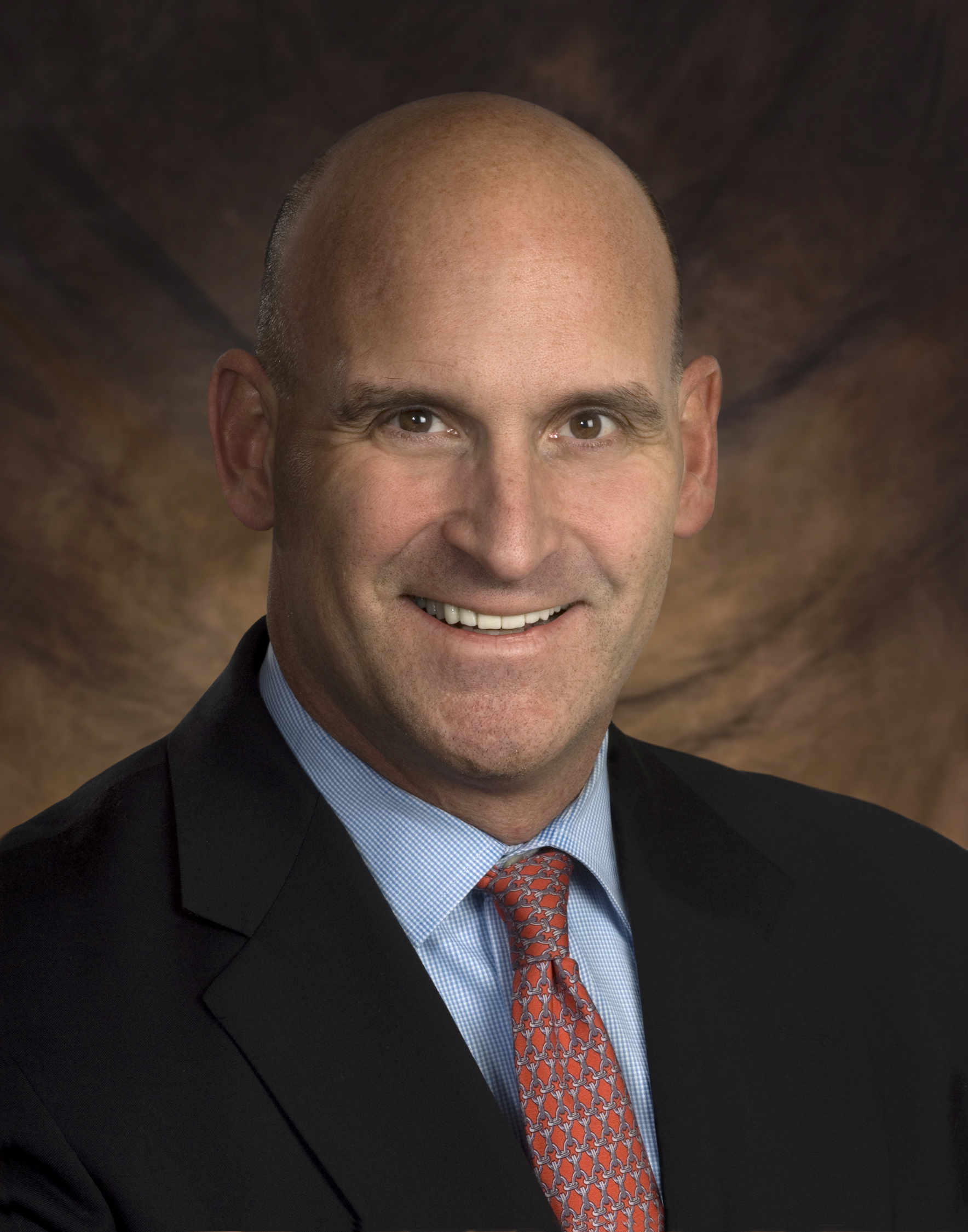 5. Innovate with spine device companies. Surgeons interested in innovation and technology can partner with engineers and spine device companies to develop new implants, spine systems and techniques. They can also work with spine surgeons on clinical trials and in teaching roles.
5. Innovate with spine device companies. Surgeons interested in innovation and technology can partner with engineers and spine device companies to develop new implants, spine systems and techniques. They can also work with spine surgeons on clinical trials and in teaching roles.
"We must figure out a way for surgeons to be involved and work in a compliant way with device companies," says Todd Albert, MD, a spine surgeon and president with Rothman Institute in Philadelphia. "We acknowledge there is going to be a conflict of interest sometimes, but there's a difference between working with companies on innovation and being cheerleaders for a particular company. Many surgeons are developing devices that are a significant contribution and they hold patents on devices as their intellectual property."
However, surgeons should make sure their relationships are compliant and disclosed to the appropriate organizations when presenting research and study information.
"There are a number of people in our group who work with companies and provide consultation," says Bruce Darden, MD, a spine surgeon with OrthoCarolina in Charlotte, N.C. "I think it's necessary to have physicians working with companies to design products because when we've had instruments designed by just engineers without a medical background, they don't always work well for physicians."
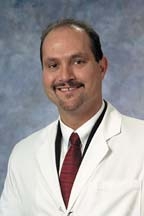 6. Advocate with patients for access to care. New payor guidelines are being developed across the country based on cherry-picked data that isn't always representative of the evidence base. "We should all be very aggressively fighting these guidelines that aren't evidence-based or transparent," says Frank Phillips, MD, a Professor of Orthopaedic Surgery at Rush University Medical Center and a founding surgeon of the Minimally Invasive Spine Institute at Midwest Orthopaedics at Rush. "These are just an excuse to deny patients care. This requires is a public relations effort — we need all stakeholders to be made aware that the guidelines are arbitrary with little input from clinicians treating patients with spinal disorders."
6. Advocate with patients for access to care. New payor guidelines are being developed across the country based on cherry-picked data that isn't always representative of the evidence base. "We should all be very aggressively fighting these guidelines that aren't evidence-based or transparent," says Frank Phillips, MD, a Professor of Orthopaedic Surgery at Rush University Medical Center and a founding surgeon of the Minimally Invasive Spine Institute at Midwest Orthopaedics at Rush. "These are just an excuse to deny patients care. This requires is a public relations effort — we need all stakeholders to be made aware that the guidelines are arbitrary with little input from clinicians treating patients with spinal disorders."
One of the most powerful advocacy tools surgeons have is their patients. "We have to channel patients," says Dr. Phillips. "Every surgeon has patients with success stories and we need to get this message out. We need to learn from other patient advocacy organizations such as the Arthritis Foundation and the National Osteoporosis Foundation who have been very influential. The International Society for the Advancement of Spine Surgery recently launched an advocacy arm that includes spine professionals as well patients. One of the goals is to make patients spine care advocates. Policy makers and elected government officials tend to listen closely to what patients have to say."
More Articles on Spine Surgery:
6 Spine Surgeons on Mobile Technology Enhancing Patient Care
ISASS: 5 Guidelines for Vertebral Augmentation
Demanding Data-Driven Spine Treatments: Q&A With Dr. Jeffrey Wang of UCLA Spine
 1. Participate in regional and national registries. Spine surgery registries are becoming more prominent around the country and they will be a useful tool for mining data in the future. Surgeons in private practice can contribute data from their cases to these registries for others to examine during retrospective studies, or they can conduct research using the registry data themselves.
1. Participate in regional and national registries. Spine surgery registries are becoming more prominent around the country and they will be a useful tool for mining data in the future. Surgeons in private practice can contribute data from their cases to these registries for others to examine during retrospective studies, or they can conduct research using the registry data themselves."Enlisting patient outcomes in registries is a powerful way to gather great swaths of data for patient treatment," says Andrew Sama, MD, a spine surgeon and spine fellowship director with Hospital for Special Surgery in New York City. "Big facilities are already placing patients on registries and documenting their follow up treatment. This will become a good research tool over time. If you have a busy private practice, you could cross pollinate with the registry to build a stronger conclusion that supports the advancement of new procedures in spinal surgery."
Private practice participation in these registries is also important because researchers want to examine outcomes for patients in all types of settings, not just academic medical centers. Most spine patients seek treatment with individual spine surgeons, so including them within the registry will be very beneficial going forward.
2. Participate in groups, organizations and committees. Tomorrow's spine surgeon leaders will be those who are actively involved in different groups, organizations and committees at the local and national level today. With all the changes
 occurring in healthcare, it will be critically important for surgeons to participate and shape the future of the nation's healthcare.
occurring in healthcare, it will be critically important for surgeons to participate and shape the future of the nation's healthcare."People who have a passion for government issues and lobbying will be looked at as being leaders in that area because of the sheer volume of work they've done that others haven't," says Dennis Crandall, MD, founder of Sonoran Spine Center in Mesa, Ariz. "Someone who wants to be an academic leader would need to have a productive research program ongoing and be involved with innovation within the specialty, and try to be involved in leadership positions within the department or practice with hospital staff."
Participation in these groups will help you stay informed on the most important issues in healthcare and give you the opportunity to become more engaged.
"You have to stay informed, not put your head in the sand," says Andrew E. Wakefield, associate director of neurosurgery at Hartford (Conn.) Hospital. "Things are changing — nobody knows how but they will — and we need input from physicians on how changes come about. Hospitals are looking for that, and in my experience the government is as well, but you have to work for it and become an active participant. If you don't jump on the train, it will run you over."
The hardest part is often taking the plunge to become involved; once there, it's easier to network with colleagues and work with people who have similar views and ambitions.
"At times, it's very frustrating, but other times it's very rewarding because you actually see progress," says Dr. Wakefield. "In a year, you actually see changes because of your input. That's the only way to move forward; people have to pick up and do something. You have to be engaged."
 3. Clinical outcomes research. There will be a huge focus on clinical effectiveness in the future, which means providing evidence-based outcomes. The government and insurance companies will be asking for comparative effectiveness research before agreeing to cover some procedures and patients will want to know their provider has good outcomes before undergoing treatment.
3. Clinical outcomes research. There will be a huge focus on clinical effectiveness in the future, which means providing evidence-based outcomes. The government and insurance companies will be asking for comparative effectiveness research before agreeing to cover some procedures and patients will want to know their provider has good outcomes before undergoing treatment."Traditionally a lot of spine research has been on surgical techniques and on new or innovative surgical products, and I think that is still important, but a greater degree of impact will come out of research that looks at spine research as health outcomes research," says Alpesh A. Patel, MD FACS, spine surgeon and Associate Professor in the Department of Orthopaedic Surgery at Northwestern University School of Medicine in Chicago. "We need to really look at the patient-based outcomes for what we do. A lot of that is still in a black box, and not everyone understands how patients are doing after surgery."
Surgeons can also take their research a step further to gather population-based outcomes, which gives them the ability to study a whole range of issues — such as genetics, epidemiology, readmissions and cost-effectiveness in addition to clinical quality.
"Research is more powerful when it's done at the population level," says Dr. Patel. "It makes what we do more relevant. We can look at a population of people with back pain and determine how effective our current treatments really are."
4. Develop protocol based on research. Private practice spine surgeons might not have a laboratory where they research biological reactions or spine biomechanics, but they can pose practical patient treatment questions and answer them through research. For example, surgeons can work with other specialists to design treatment pathways and protocols for the best possible care.
"You have a common goal of improving the patient's quality of life, and you can take a multidisciplinary approach to researching those pathways," says Dr. Sama. "That's why we've been able to make some strides. This goes across all fields, whether private practice or academic practice."
In the future, additional focus will be placed on the important technological advances beyond surgery to treat patients with back pain. This includes imaging, physical therapy and pain management procedures. It will also be important to consider the costs of each treatment.
"Does what we do really matter and is it sustainable financially?" says Dr. Sama. "That's how I think about new developments. Medicines have changed the way we treat conditions, including rheumatoid arthritis in the neck. A lot of those surgeries have fallen off because the medicines have really changed the face of the disease. Joints are better preserved and necks aren't as unstable anymore."
 5. Innovate with spine device companies. Surgeons interested in innovation and technology can partner with engineers and spine device companies to develop new implants, spine systems and techniques. They can also work with spine surgeons on clinical trials and in teaching roles.
5. Innovate with spine device companies. Surgeons interested in innovation and technology can partner with engineers and spine device companies to develop new implants, spine systems and techniques. They can also work with spine surgeons on clinical trials and in teaching roles."We must figure out a way for surgeons to be involved and work in a compliant way with device companies," says Todd Albert, MD, a spine surgeon and president with Rothman Institute in Philadelphia. "We acknowledge there is going to be a conflict of interest sometimes, but there's a difference between working with companies on innovation and being cheerleaders for a particular company. Many surgeons are developing devices that are a significant contribution and they hold patents on devices as their intellectual property."
However, surgeons should make sure their relationships are compliant and disclosed to the appropriate organizations when presenting research and study information.
"There are a number of people in our group who work with companies and provide consultation," says Bruce Darden, MD, a spine surgeon with OrthoCarolina in Charlotte, N.C. "I think it's necessary to have physicians working with companies to design products because when we've had instruments designed by just engineers without a medical background, they don't always work well for physicians."
 6. Advocate with patients for access to care. New payor guidelines are being developed across the country based on cherry-picked data that isn't always representative of the evidence base. "We should all be very aggressively fighting these guidelines that aren't evidence-based or transparent," says Frank Phillips, MD, a Professor of Orthopaedic Surgery at Rush University Medical Center and a founding surgeon of the Minimally Invasive Spine Institute at Midwest Orthopaedics at Rush. "These are just an excuse to deny patients care. This requires is a public relations effort — we need all stakeholders to be made aware that the guidelines are arbitrary with little input from clinicians treating patients with spinal disorders."
6. Advocate with patients for access to care. New payor guidelines are being developed across the country based on cherry-picked data that isn't always representative of the evidence base. "We should all be very aggressively fighting these guidelines that aren't evidence-based or transparent," says Frank Phillips, MD, a Professor of Orthopaedic Surgery at Rush University Medical Center and a founding surgeon of the Minimally Invasive Spine Institute at Midwest Orthopaedics at Rush. "These are just an excuse to deny patients care. This requires is a public relations effort — we need all stakeholders to be made aware that the guidelines are arbitrary with little input from clinicians treating patients with spinal disorders."One of the most powerful advocacy tools surgeons have is their patients. "We have to channel patients," says Dr. Phillips. "Every surgeon has patients with success stories and we need to get this message out. We need to learn from other patient advocacy organizations such as the Arthritis Foundation and the National Osteoporosis Foundation who have been very influential. The International Society for the Advancement of Spine Surgery recently launched an advocacy arm that includes spine professionals as well patients. One of the goals is to make patients spine care advocates. Policy makers and elected government officials tend to listen closely to what patients have to say."
More Articles on Spine Surgery:
6 Spine Surgeons on Mobile Technology Enhancing Patient Care
ISASS: 5 Guidelines for Vertebral Augmentation
Demanding Data-Driven Spine Treatments: Q&A With Dr. Jeffrey Wang of UCLA Spine


